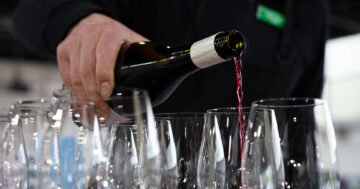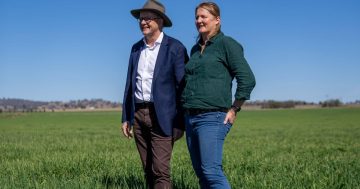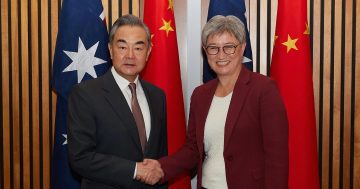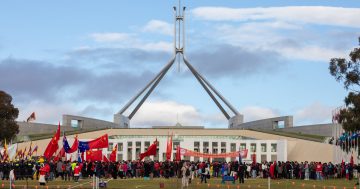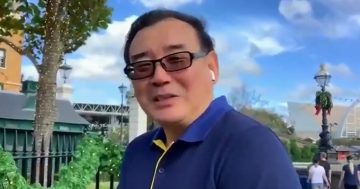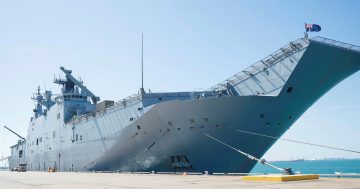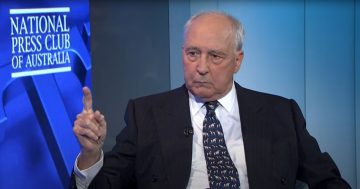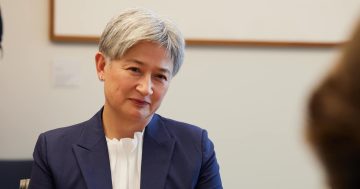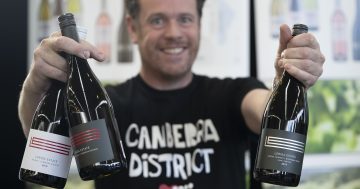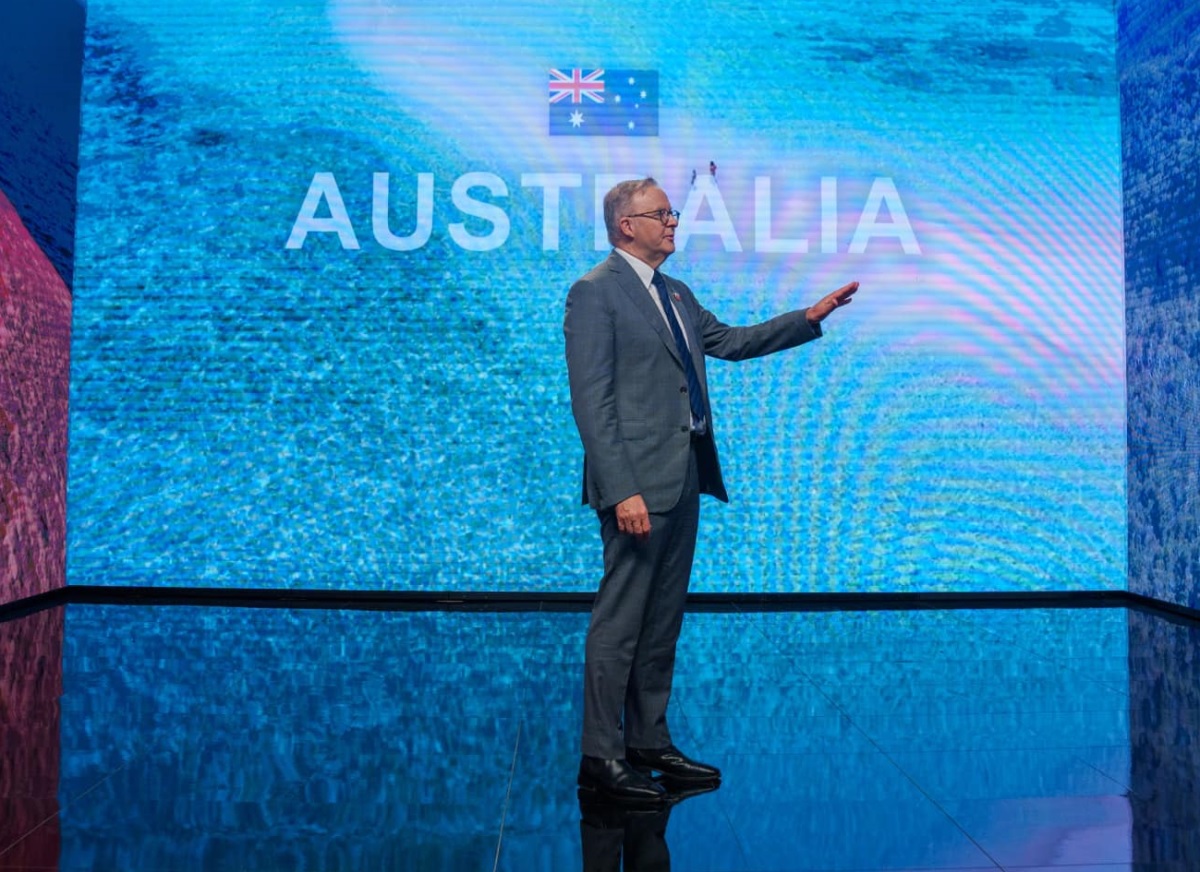
Prime Minister Anthony Albanese will visit China from 4 to 7 November. Photo: Facebook.
Prime Minister Anthony Albanese has a busy month of travel ahead of him, with confirmation he will visit the People’s Republic of China from 4 to 7 November.
Two trips to the United States will bookend the key visit to the Middle Kingdom – the first on an official state visit at the invitation of President Joe Biden from 23 October and the second to attend the Asia-Pacific Economic Cooperation (APEC) forum from 16 November.
A short visit to the Cook Islands for the Pacific Islands Forum just after returning from China is also planned.
The four visits will mean the Prime Minister has been overseas 20 times in 18 months and will no doubt see a doubling-down of his ‘Airbus Albo’ nickname – a play on the ‘Kevin 747’ name bestowed upon Kevin Rudd after he undertook numerous overseas trips – in the conservative media and on social media.
The Australian Financial Review (AFR) reported on 20 October that there were some sensitivities within Labor about the number of overseas trips the Prime Minister had taken. To that end, the Prime Minister’s office had requested the US state visit coincide with APEC, but this did not suit President Biden’s schedule.
It is unclear whether the reported security vulnerabilities of the Royal Australian Air Force’s single Airbus KC-30A configured with a VIP suite and additional communications have been addressed or whether Mr Albanese will fly to China on another aircraft type.
In China, the Prime Minister will meet with President Xi Jinping and Premier Li Qiang and has accepted Premier Li’s invitation to attend the China International Import Expo in Shanghai. A Prime Ministerial statement says Mr Albanese will also discuss cooperation in economic links, climate change and “links between our people”.
The visit coincides with the 50th anniversary of Gough Whitlam’s visit to China in 1973 and is the first by an Australian Prime Minister since Malcolm Turnbull in 2016.
“Prime Minister Whitlam’s historic visit laid the groundwork for the diplomatic, economic and cultural ties that continue to benefit our countries today,” Mr Albanese said in a statement.
“I look forward to visiting China, an important step towards ensuring a stable and productive relationship.”
It also comes on the back of a thawing of diplomatic relations, relaxations of punitive trade tariffs on Australian goods, the resumption of state-sanctioned tourist group travel to Australia, and the release of Australian journalist Cheng Lei from prison after she was held for three years without charge.
“I look forward to further engaging with President Xi and Premier Li in Australia’s national interest,” the Prime Minister added.
“I welcome the progress we have made to return Australian products, including Australian wine, to the Chinese market. Strong trade benefits both countries.”
Reports over the weekend that China is to undertake an “expedited review” of the 220 per cent tariffs it placed on Australian wine in late 2020 are very encouraging for an Australian industry that has been hurt more than most. After exporting more than $1.2 billion worth of wine to China in 2019, that figure dropped to just $77 million in 2022.
The timing of the imposition of the tariffs coincided with then-Prime Minister Scott Morrison’s calls for an investigation into the origin of the COVID-19 pandemic.
At the time, Australian winemakers were accused of ‘dumping’, or selling wine below the cost of production onto the Chinese market in an attempt to harm Chinese winemakers. When the tariffs were imposed, China’s Commerce Ministry also instructed importers to suspend orders of Australian wine and $20 billion worth of other products.
“This is a very significant decision because, unlike some of the other products, the wine industry has indicated it was having difficulty finding other markets to fill the gap that was created by the breakdown in the trade with China,” Mr Albanese said on 22 October, “so, this is critical.”
ACT Senator Katy Gallagher told ABC radio that the wine industry had been hit hard by the tariffs.
“It’s a significant export industry and was a significant export industry into China before those tariffs were implemented,” she said.
“This is very positive news and it’s part of our stabilising the relationship that the Prime Minister and Foreign Minister and Trade Minister have been working on since we were elected.”
In exchange for lifting the tariffs on wine, Beijing has reportedly requested Australia lift its tariff restrictions on importing Chinese-made towers for wind turbines and two other products.
While he welcomed the news of China’s wine tariff review, opposition foreign affairs spokesperson Simon Birmingham said, “These tariffs should never have been put in place in the first place”.
Australian Grape and Wine CEO Lee McLean said he hopes the market can recover if the tariffs are lifted.
“It’s going to take some time for companies to reach out to their customers and make sure they have those relationships in place,” he told the ABC on Sunday. “We know that we are probably not going to get back to a $1.2 billion market but … it’s still a really significant market for us.”












